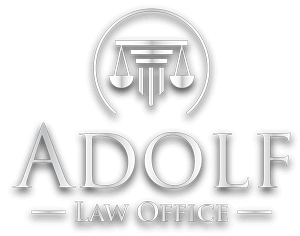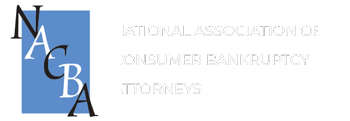If you are struggling to pay a medical debt, it might be in your best interest to file for Chapter 7 bankruptcy. In many cases, you can discharge medical bills that were originally paid with a credit card or with a personal loan. Let’s take a closer look at some of the potential benefits of seeking a liquidation bankruptcy in Indiana.
Close your case in a timely manner
It generally takes about three to four months to get through a liquidation bankruptcy proceeding. In comparison, it takes at least three years to complete a Chapter 13 proceeding. Generally speaking, you can begin the process of rebuilding your credit as soon as the case is discharged.
You’ll typically get an automatic stay of collection activities
You’ll likely be eligible for an automatic stay of creditor collection activities as soon as you submit your bankruptcy petition. This means that creditors cannot repossess property, garnish your wages or proceed with a lawsuit. However, creditors may ask to lift the stay if there is reason to believe that you have acted in bad faith.
How do you know if you’re eligible to file for Chapter 7 bankruptcy?
Typically, you will automatically be eligible to file for Chapter 7 bankruptcy if your income is lower than the state median for a household of your size. If your income is above this level, you’ll likely need to pass a means test. Your attorney will be able to provide more information about this test and how it may impact your case.
Even if you have insurance, there is no guarantee that it will cover the entire cost of a doctor visit, medication or surgical procedure. Fortunately, you will likely be able to eliminate unpaid medical bills by filing for bankruptcy. An attorney might be able to walk you through the process of seeking protection from creditors and the potential benefits of doing so.




